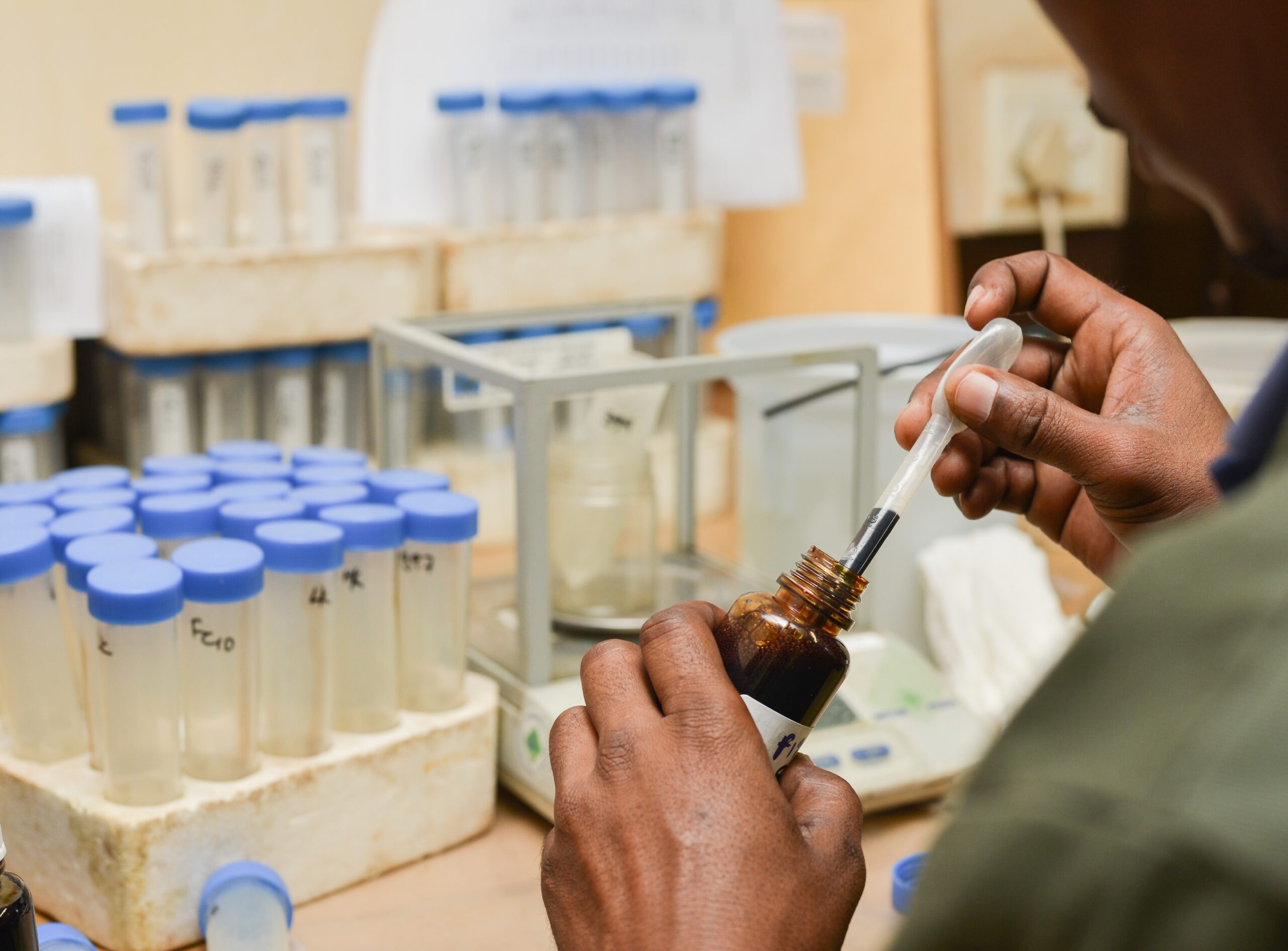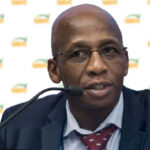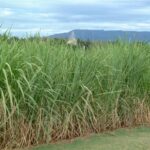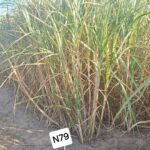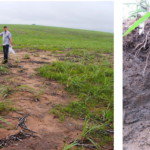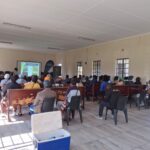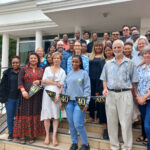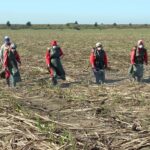Celebrating 70 years of SASRI’s Fertiliser Advisory Service (FAS)
This year marks 70 years since SASRI’s Fertiliser Advisory Service (FAS) began providing soil and leaf testing services to sugarcane growers in South Africa. FAS has become an internationally respected agricultural laboratory, crucial to sustainable sugarcane production through scientifically backed fertiliser recommendations.
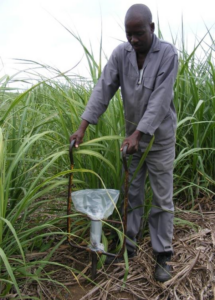
The service’s origins trace back to early concerns in the sugar industry regarding soil fertility. Recognising the need for more precise fertilisation, SASRI, then known as the South African Sugarcane Experiment Station, established a laboratory in 1954 in Briardene to address these issues. This lab initially handled 300 samples per week, analysing soil, compost, and water for nutrients like pH, phosphorus, potassium, calcium, and magnesium. Soon after, the service developed a reliable standardised soil sampling procedure in 1959, led by the resident soil scientist, Dr Bernard “Ted” Beater, who also who designed the Mount Edgecombe, bicycle-handled soil sample auger, fitted with a bag.
Another important milestone involved the development of soil and leaf threshold values for the nitrogen (N) and potassium (K) while moderating phosphorus (P) requirement of sugarcane, and the optimum fertiliser rates to apply on a commercial basis.
Throughout its history, FAS has continually advanced its methods. In 1962, it relocated to Mount Edgecombe and introduced automated analysis techniques, including atomic absorption and later NIR spectroscopy, to accelerate processes and improve accuracy. This shift enabled the lab to process a much larger volume of samples—currently around 32 000 soil samples annually—while maintaining rapid turnaround times.
The impact of FAS on fertiliser use has been profound. Early findings encouraged growers to use higher levels N, P and K applications, contributing to a marked yield increase from 24 to 42 tons of cane per hectare by the mid-1960s. When excessive nitrogen uses in the 1980s contributed to eldana borer outbreaks, FAS responded by adjusting its recommendations, focusing on soils’ mineralisation potential to support more sustainable fertilisation across the industry.
Today, FAS stands at the forefront of agricultural testing in South Africa. It holds ISO 9001 certification and has been provisionally recommended for ISO 17025 accreditation. Committed to maintaining high standards, FAS collaborates with Agri-Laboratory Association of Southern Africa (AgriLASA), where it consistently ranks among the top laboratories in South Africa.
Since 1954, yield output in the industry has more than doubled, and whilst new varieties have undoubtedly had a large impact, the improvement could not have come about without eliminating nutrient deficiency in sugarcane and overcoming Al toxicity in areas with acidic soils in the midlands and sodicity in the irrigated areas of the lowveld. FAS’s remarkable achievements over the past 70 years would not have been possible without the invaluable support of SASRI’s research and extension services, cultivating a legacy of optimising crop yields and promoting sustainable agriculture.

